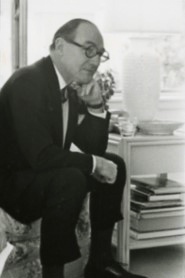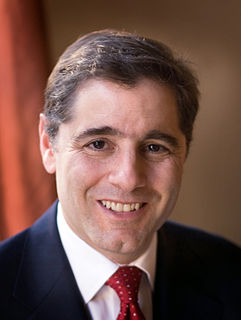A Quote by Ro Khanna
Internet service providers should not be permitted to block, throttle and unfairly favor certain content, applications, services or devices.
Related Quotes
Net neutrality is the principle that the service providers who control or access, who own the pipes, should not favor some content over another. It's, you know, an even playing field for stuff on the Internet, and, you know, I think it's very important to the medium that it have a rough quality among contents. Everyone has their shot.
Before I became the president of AT&T's consumer division, I was running strategy and our internet services, so I was the president of one of the first internet service providers, ISPs, AT&T Worldnet, and running our internet protocol product development as well. So I knew a lot about what was going on with the internet.
In the Internet world, both ends essentially pay for access to the Internet system, and so the providers of access get compensated by the users at each end. My big concern is that suddenly access providers want to step in the middle and create a toll road to limit customers' ability to get access to services of their choice even though they have paid for access to the network in the first place.
The Internet, too, has strong attributes of a public good, and has undermined the “private good” attributes of old media. Internet service providers obviously can exclude people, but the actual content -the values, the ideas- can be shared with no loss of value for the consumer. It is also extremely inexpensive and easy to share material. Sharing is built into the culture and practices of the Web and has made it difficult for the subscription model to be effective.
We have to ensure free and open exchange of information. That starts with an open internet. I will take a backseat to no one in my commitment to network neutrality. Because once providers start to privilege some applications or websites over others then the smaller voices get squeezed out and we all lose. The internet is perhaps the most open network in history, and we have to keep it that way.
Broadband connections allow us to access more robust types of content, services, and applications - video chat versus email, or live streaming versus chat, for example. Yet if we look beyond our own personal use, we can see that broadband Internet access is not merely a convenience: it is a powerful force for social change.
































